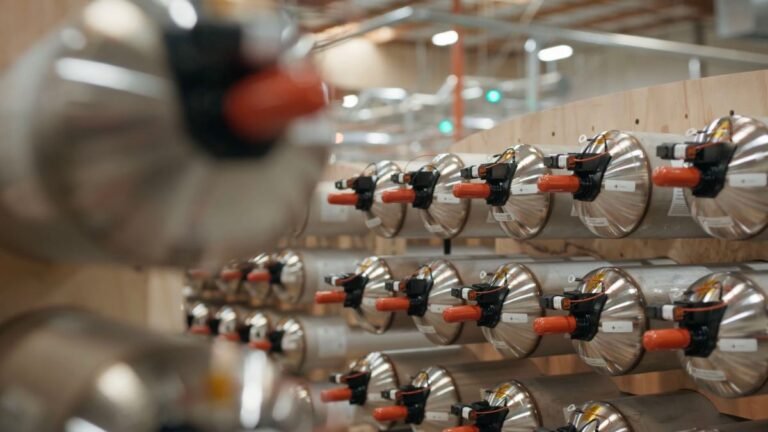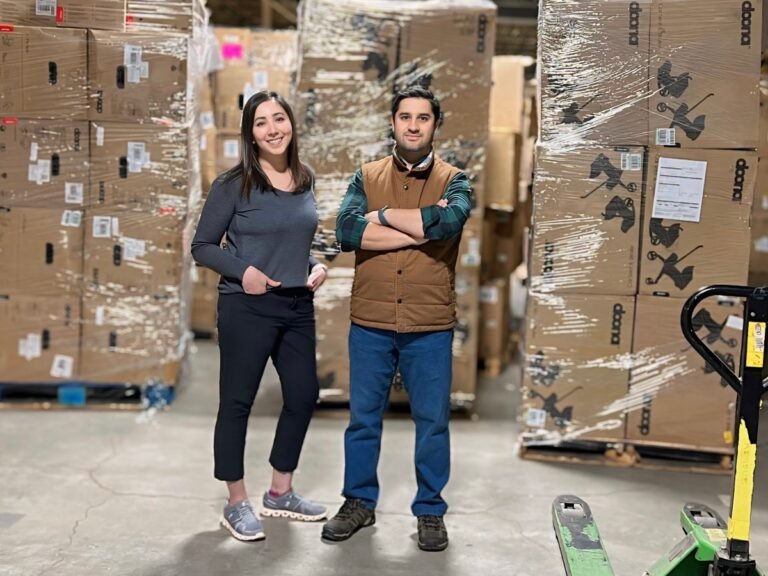
EnerVenue, a startup that has developed an alternative to lithium-ion batteries for long-duration renewable energy storage, is raising $515 million in fresh equity, per an SEC filing seen by TechCrunch.
The company is in the process of building a gigawatt-scale factory in Kentucky to produce its nickel-hydrogen batteries, an endeavor that’s estimated to cost $264 million.
So far, EnerVenue has raised $308 million of the $515 million target, the filing says.
Nickel-hydrogen batteries aren’t as energy dense as lithium-ion, meaning they won’t be competing for space in electric vehicles quite yet.
The next challenge will be completing the factory, scaling production and sending its novel batteries out into the world.

Kids’ clothing and gear is more expensive than ever.
Kidsy has a sustainable solution for discountsAll parents know that raising kids is expensive.
Enter Kidsy, a new Chicago-based e-commerce startup which aims to give consumers greater access to discounted baby and kids products by partnering with large brands, retailers and liquidation companies for their overstock and returns inventory.
At the same time, it says, it can help prevent overstock and liquidation items – such as kids’ clothing – from ending up in landfills, which is obviously not good for the environment.
Kids’ clothing: A massive marketTandon’s road to founding Kidsy started when she founded her own media production company after working as a journalist for Bloomberg TV and ABC News.

Clayton Christensen was an amazing observer of business, and his work on disruption is seminal.
But has he been proven wrong in the last 10 years on many major disruptions?
What if the bottom-up cheaper product disrupting the market is a phenomenon limited to commoditized old product categories (think tires and clothes)?
The Christensen theory of disruption could be called “inferior disruption theory” — inferior, cheaper, good enough products that disrupt incumbents over time.
While this clearly happens, there’s a more powerful model for disruption.






